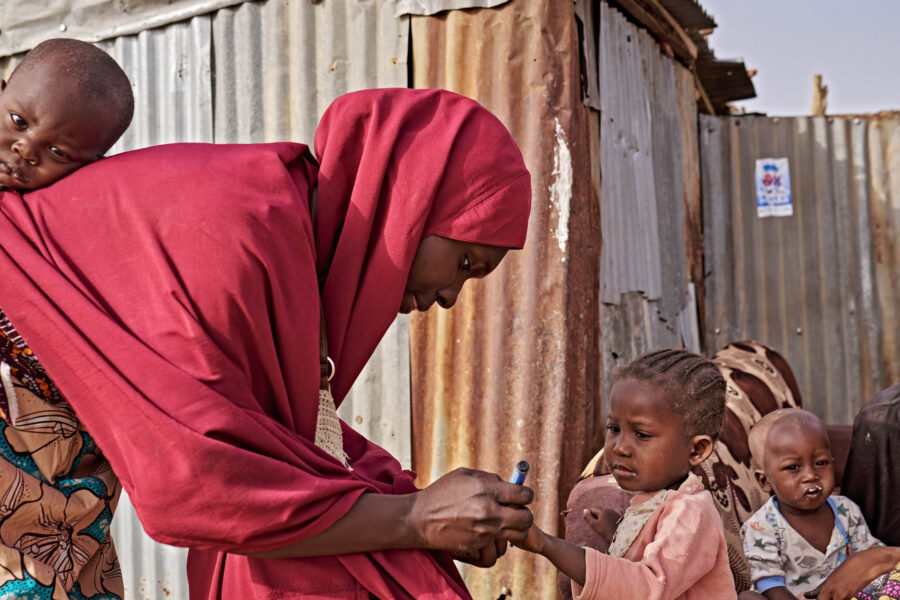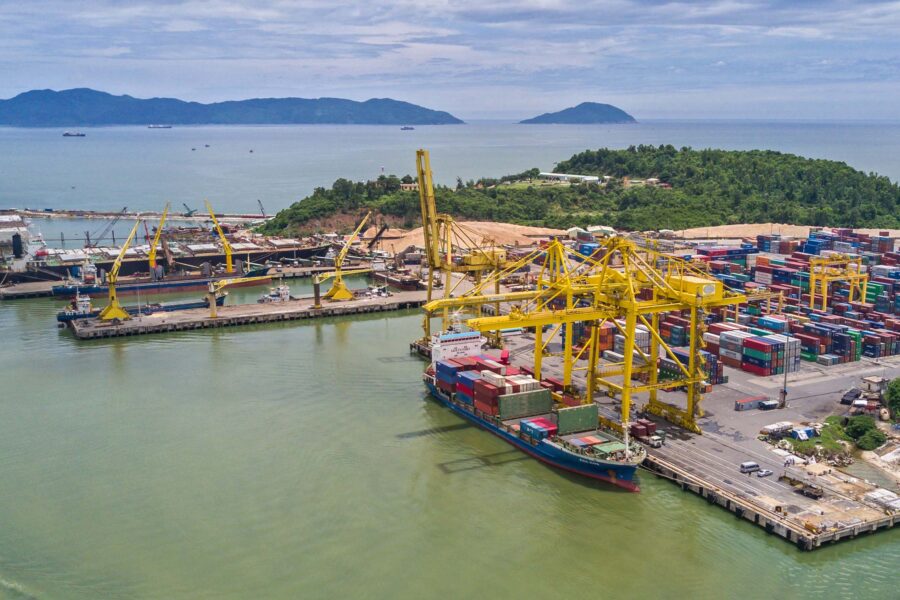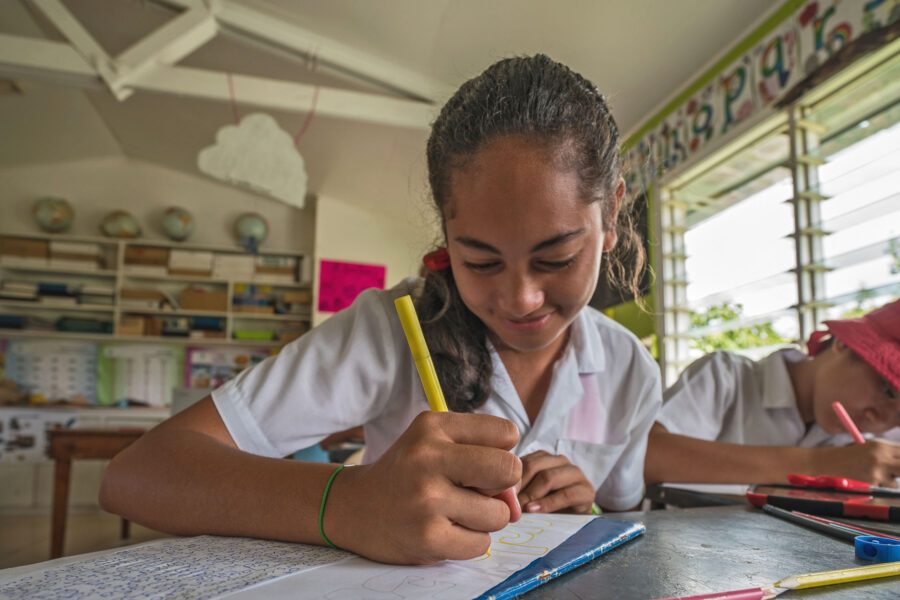Time to face the facts
COP28 is a pivotal moment for the Paris Agreement. The first global stocktake presents a comprehensive view of progress towards the goals of the agreement. The synthesis report released in September makes it clear we are falling well short. The science is clear and, collectively, we have the knowledge and resources to deliver. Now it is time for political leaders to unite behind a common plan to address the climate crisis
Climate — Global

The upcoming 28th Conference of the Parties (COP28), to be held in Dubai between November 30 and December 12, is a critical turning point for global climate action as the world approaches a tipping point of positive transformation. The first global stocktake under the Paris Agreement invites us to evaluate our goals and assess our progress.
I have the honor of leading the Global Climate Hub (GCH or simply Hub) of the Sustainable Development Solutions Network (SDSN) under the auspices of the Secretary-General of the United Nations. The GCH is at the forefront of this transformation. By conducting pioneering research and joining forces with other global actors and stakeholders, we contribute to the Decade of Action’s call of achieving the Sustainable Development Goals (SDGs) by 2030 and tackling the most critical issues of our times, such as gender inequality, poverty, and climate change, as well as reducing the financial gap between rich and poor.
COP28’s agenda will focus on four main areas:
- accelerating the energy transition and cutting emissions prior to 2030
- creating a new financial framework to revolutionize climate funding
- centering climate action around the needs of people, the environment, and their livelihood
- organizing the most inclusive COP to date
The work of the UN SDSN GCH supports all these thematic areas.
Energy transition
First, the energy transition needs to be accelerated. Since the scientific evidence is clear, we need to act with intensity to cut emissions drastically and keep a 1.5°C pathway achievable. Importantly, we must do this in a just manner, particularly for the Global South.
In the GCH we develop comprehensive decarbonization pathways for energy systems, addressing the dual challenges of reducing emissions and managing energy demand in a way that fosters sustainable development. In GCH’s first report, published recently, we describe in detail our work, which includes:
- a thorough review and assessment of potent integrated assessment models
- the delineation of:
- a first set of sustainable pathways on the EU energy sector
- the deployment and effects of the renewable energy transition in Southeast Asia
- the development of sustainable pathways for land use and food systems in Greece
The GCH’s role in fostering dialogue and co-designing these pathways with stakeholders ensures that the transition is not only scientifically sound but also socially equitable and economically beneficial. We are turning the moral imperative of a just transition into a tangible opportunity for climate-positive growth and development.
Climate finance
Second, the promise of climate funding must be turned from intention into fact. The need for a revised financial architecture is highlighted by the fact that emerging and developing nations require investment of USD 2.4 trillion by 2030. Donor nations have pledged to mobilize USD 100 billion per year toward this gap, which is a negligible portion of what is required. Despite intense pressure, they still fail to meet their obligation.
The GCH is substantially contributing to the transformation of financial pledges into tangible investments. Our work revolves around exploring innovative financing models that blend public and private funds. This is intended to cover the capital needs of both developed and emerging economies, particularly on the climate adaptation and resilience front.
For this, the GCH not only identifies viable financing pathways but also actively engages with financial stakeholders to unlock the funds necessary for a large-scale climate response. This approach ensures that financial resources are allocated effectively, helping to overcome the economic barriers to climate action and turning finance into a force that empowers global climate efforts.
A critical part of our work is the valuation of ecosystem services, enhancing corporate sustainability reporting by integrating SDG performance with environmental, social, and corporate governance (ESG) indicators, and incorporating natural capital valuation into financial assessments. In the Horizon 2020 ARSINOE project, the ATHENA Research Center in Information, Communication, and Knowledge Technologies (ATHENA RC, one of the hosting institutions of the GCH) leads the financial work package, creating a portfolio of financing solutions to boost regional resilience. This involves identifying financial innovation paths, co-developing stakeholder-specific financial strategies, designing financial instruments, and developing a hybrid financial reporting model that balances profit with ESG criteria. These efforts ensure effective allocation of financial resources, overcoming economic barriers to climate action.
Adaptation and resilience
Third, adaptation and resilience must be at the heart of the global climate response. Investing in societies and nature, addressing loss and damage, and advancing adaptation finance must be central to our agenda.
Adaptation and resilience form the cornerstone of the GCH’s strategy, aligning perfectly with the urgent need to invest in these areas. The Hub’s systemic approach to integrating climate resilience into development pathways provides a blueprint for managing the risks associated with climate impacts. By supporting the creation of packages of measures to assist vulnerable communities, the Hub is actively contributing to the operationalization of financial assistance to vulnerable countries, like the loss and damage funds agreed during COP27 in Sharm El Sheikh, Egypt. Its emphasis on both mitigation and adaptation ensures that the Hub’s pathways are not just reducing emissions but are also enhancing the capacity of societies to withstand and recover from climate-induced negative factors. This addresses loss and damage and advances the cause of adaptation finance.
Supporting our commitment to adaptation and resilience, GCH is actively involved in key, relevant projects through its hosting institutions (the Athens University of Economics and Business (AUEB) and ATHENA RC). These projects include Horizon EU’s Pathways2Resilience and (as previously mentioned) Horizon 2020’s ARSINOE.
Pathways2Resilience focuses on co-developing transformative pathways for climate-resilient regions in Europe, integrating economic and social development with net-zero commitments. This project aims to empower over 100 regions and communities to create long-term, locally led visions for climate resilience.
Concurrently, ARSINOE, with a budget of 15 million euros and involving 41 partners across 15 countries, seeks to revolutionize regional pathways to resilience. It delivers innovative, systemic solutions for adapting to climate change across Europe. These projects exemplify the GCH’s strategic approach to enhancing societal and environmental resilience, by fostering systemic and innovative adaptation measures.
Inclusion
Finally, inclusion is the foundation upon which we need to base our success at COP28. My experience in many different research projects through the years teaches me how powerful interdisciplinarity and diverse perspectives are in driving transformations, innovation, and solution-building. And this is particularly relevant for challenges of global scale such as climate change. Hence, our workstreams must be in favor of the diversity of voices, ensuring a gender-balanced and youth-inclusive approach, recognizing the unique contributions of indigenous peoples, local communities, and all non-state actors.
The GCH has a solid commitment to participatory methods and ensures that its pathways are co-designed with an array of stakeholders, including those from underrepresented groups. This dedication to inclusivity not only enriches the climate dialogue but also ensures that the resulting policies and strategies are rooted in the needs and wisdom of all parts of society, reinforcing the shared commitment needed to tackle the climate crisis effectively.
In its commitment to inclusion, GCH, through AUEB and ATHENA RC respectively, is involved in Horizon 2020’s IMPETUS and IntelComp projects, both pivotal in advancing inclusive climate action.
IMPETUS focuses on creating an all-encompassing climate change adaptation framework, emphasizing community-wide involvement and consensus, while fostering a diverse stakeholder community through “Resilience Knowledge Boosters.”
IntelComp leverages artificial intelligence to support European policymakers in developing data-driven science, technology, and innovation policies, using a “living labs” approach to engage various stakeholders. Together, these initiatives highlight the GCH’s commitment to inclusive, collaborative approaches in shaping effective climate strategies.
A pivotal moment
COP28, like any other COP, is not just a conference, but a pivotal moment of accountability and opportunity. Our commitment at COP28 as the citizens of this planet must go beyond discussions and evolve into concrete, impactful actions that pave the way toward a sustainable, equitable, and prosperous future for all.
Figure 1: Historical emissions from 1950, projected emissions in 2030 based on NDCs, and emission reductions required by the Sixth Assessment Report of the IPCC

LULUCF = land use, land-use change and forestry
Sources: Technical dialogue of the first global stocktake, FCCC/SB/2023/9, UNFCCC





